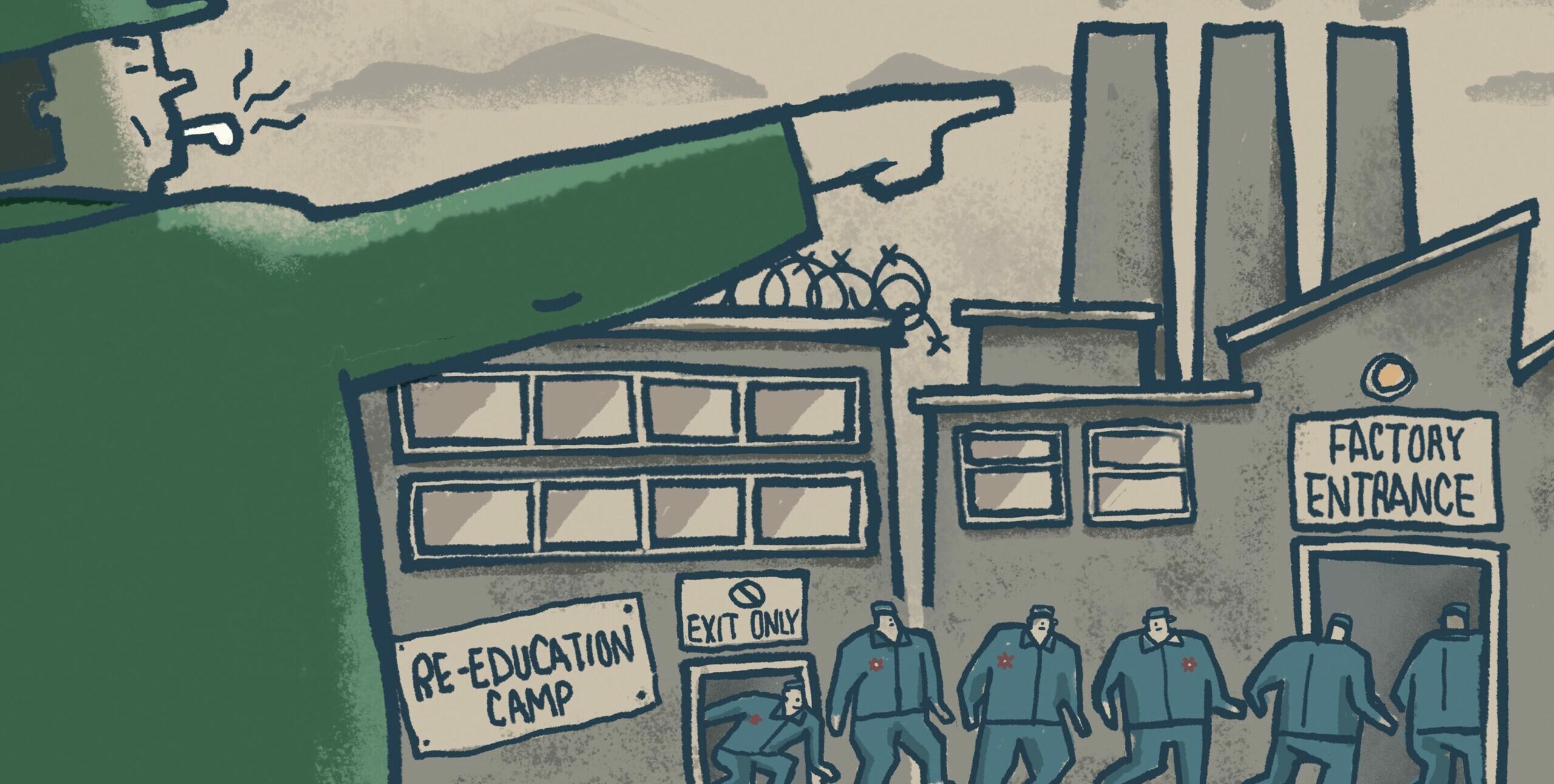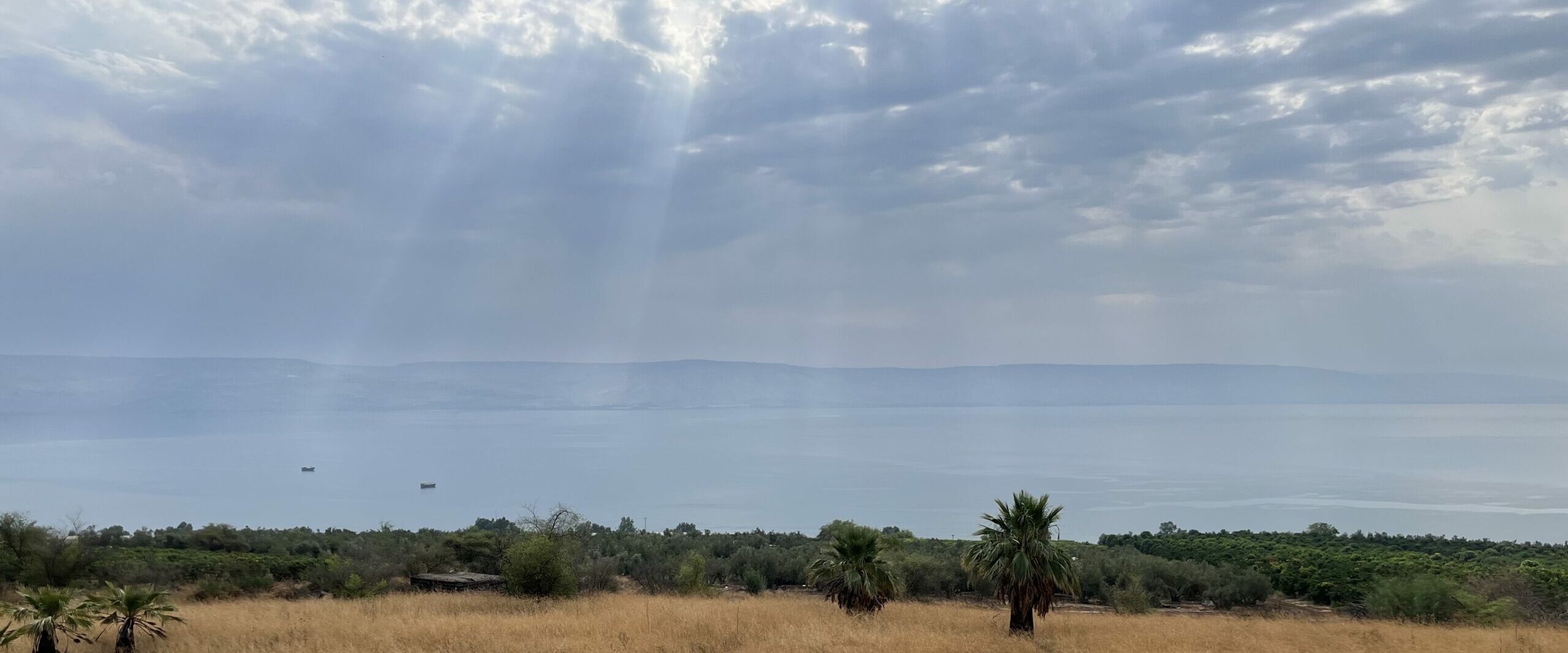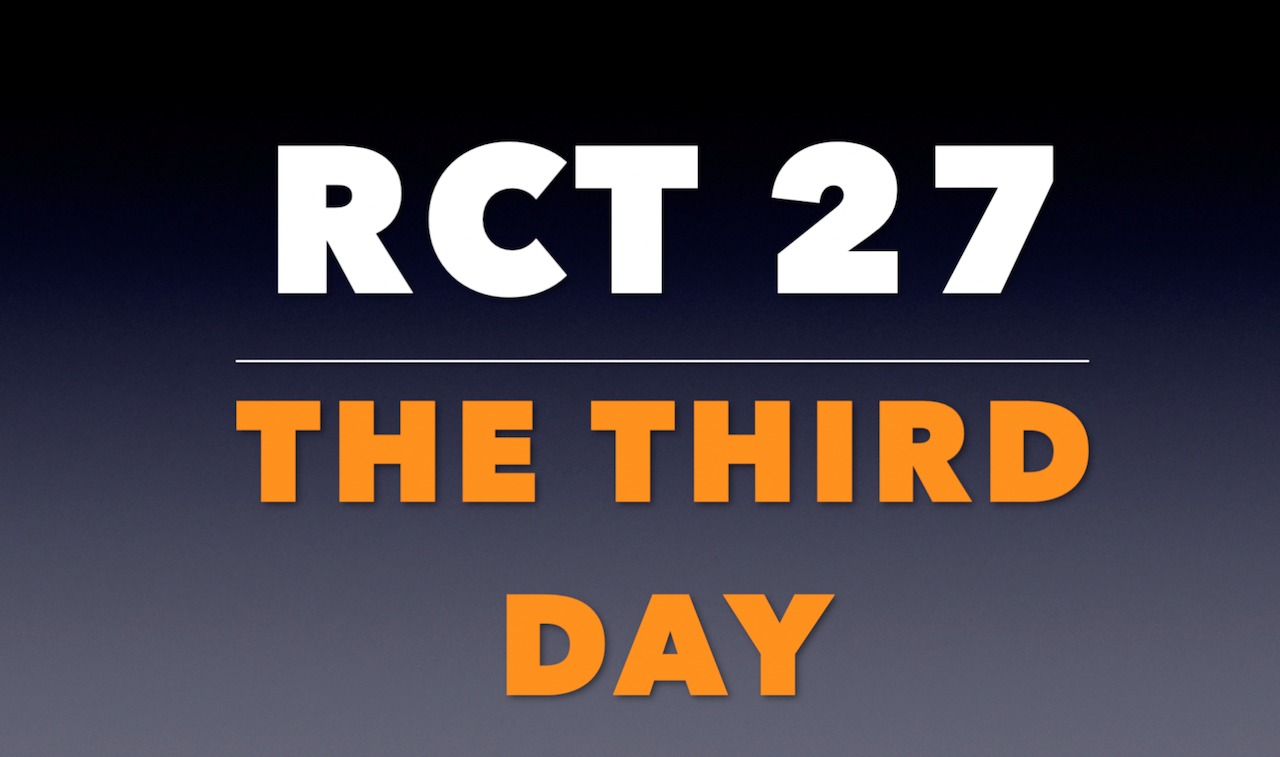TCE 52: Roundtable Men’s Discussion
TCE (Theology and Current Events) #52 has eight of us Catholic guys sharing drinks and smokes, discussing everything from the saints' stories to the Apostolic Pardon.
YouTube Re-Education Camp
The above is a screenshot from my YouTube channel. But only the content-creator (myself) can see the above "warning" within the internal dashboard. This has been perpetually present since I made a video against the Covid-19 "vaccine" in 2021. It was a content violation, a thought-crime. But to lose the "warning" I just learned (Oct 2023) that I can to take a certain "training" from YouTube (YT.) Hence, I call this blog post, "YouTube Re-Education Camp." I figured this would be like any multiple-choice continuing education that uses questions to surreptiously teach their own skewed worldview. But YT's level of pro-abortion indoctrination in the training I took this month was truly shocking: Wordpress pictures don't work too well these day, so here's the text of the question I had to answer correctly to even begin to re-gain my YT channel: [...]
Teaching Hell: Fearmongering or Negligence?
One of the most heretical things I hear from neo-con non-trads is: "While hell is a real possibility, we do not know if any person has ever gone there." That's as irresponsible as telling teens, "Yes, we know car accidents are a real possibility, but we have no proof anyone actually dies in car wrecks." Of course, the neo-con non-trad would respond to the above paragraph by saying, "Well, I do believe there have been fatal car accidents, but we have no proof in the Magisterium that any humans have ever gone to hell." First of all, Jesus spoke about hell and those who have gone there (including Judas—by name) more than anyone in the Bible. Yes, Jesus spoke about hell (and the angels and humans there) more than St. Paul or the Maccabees or Jeremiah. If the Bible isn't [...]
VLX 138: Mt 23:1-12. “Broadening Their Phylacteries.”
- My site: www.padreperegrino.org ****
The Three Grades of the TLM
The three grades (so to speak) of the Traditional Latin Mass (TLM) are listed in order of ascending solemnity: Low Mass: In this Mass, a lay person will probably just hear the priest whisper the Roman Canon without a choir or any chanting. The above featured-image is me offering Holy Mass at a side altar in Portugal. Notice that I have a server in that picture, but I never have a server in my hermitage for my daily low Mass. Only two candles are lit upon the altar, whether the priest has a server or not. Of course, in a low Mass it is still God the Son offering Himself to God the Father (even if it's just God and the angels with the priest.) As you will see below, the Low Mass is a newer grade flowing from the [...]
My Talks from the Holy Land
I returned from Israel yesterday (10 Oct 23) after only a three-day pilgrimage that was supposed to be nearly two weeks. This was obviously due to the war that has started there. But here's the talks I gave from the Holy Land over those three days:
RCT 27: “The Third Day.”
The Roman Catechism of Trent {RCT} p. 70-72 The Creed, Article V, Section C. Donate: https://www.padreperegrino.org/donate/ Rumble: https://rumble.com/c/c-1209063
QuickPod: Jesse Romero and Fr. Dave Nix on Israel
We discuss our short Holy Land pilgrimage from a hotel in Jordan.
Who Is the “Man of Lawlessness”?
Under inspiration of the Holy Spirit, the Apostle Paul wrote this to the Thessalonians about the man of lawlessness: Now concerning the coming of our Lord Jesus Christ and our being gathered together to Him, we ask you, brothers, not to be quickly shaken in mind or alarmed, either by a spirit or a spoken word, or a letter seeming to be from us, to the effect that the day of the Lord has come. Let no one deceive you in any way. For that day will not come, unless the rebellion comes first, and the man of lawlessness is revealed, the son of destruction, who opposes and exalts himself against every so-called god or object of worship, so that he takes his seat in the temple of God, proclaiming himself to be God. Do you not remember that when [...]
Six-Aspects of Modernism
"Modernism" is not an adaptation of some ancient Gospel to a needy modern man. Neither is modernism living a healthy Catholicism that simply rejects a rad-trad time-warp. Rather, modernism is "the synthesis of all heresies, "as Pope St. Pius X has written, and we know heresy leads to hell. What are these heresies? I have included two or three aspects of modernism in past writings, but as I now want to include up to six deadly aspects found at the heart of modernism: A Man-Centered Religion: Modernism replaces a vertical-religion for a horizontal-religion. One example of this is how the Mass of the modernist faces man, not God. Or, at the level of moral theology, modernism inverts the two Great Commandments, placing what is "pastoral" ahead of the 10-commandments. These aren't pie-in-the-sky examples. This clash is seen any weekend at [...]









